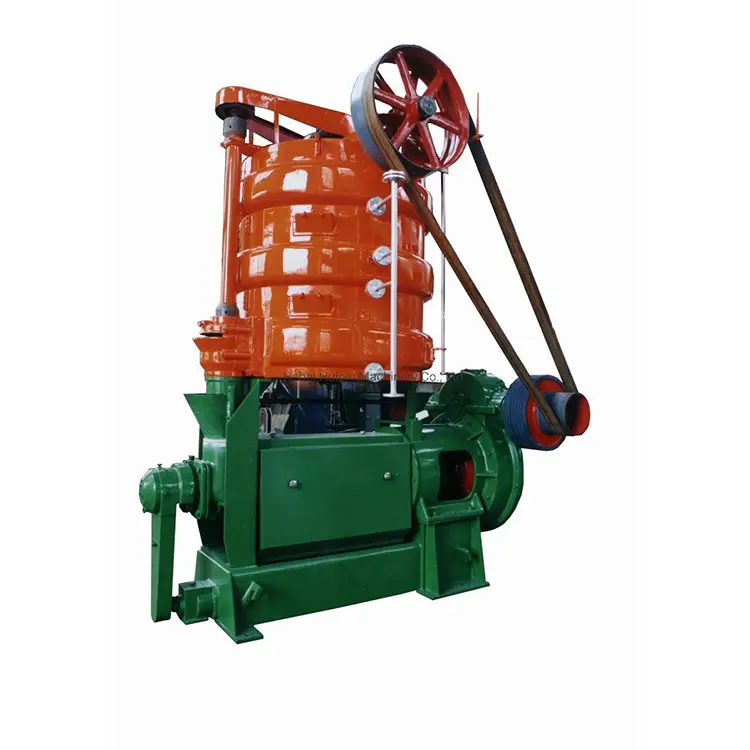Dec . 15, 2024 16:55 Back to list
Refined Peanut Oil Production and Service Unit Overview
Understanding the Refining Process of Peanut Oil A Focus on Unit Service
Peanut oil, derived from peanuts (Arachis hypogaea), is a popular cooking oil known for its distinctive flavor and high smoke point. It is widely used in Asian cuisine and frying applications. Like all oils, peanut oil requires proper refining to ensure it meets the necessary standards for safety, quality, and flavor. This article will delve into the refining process of peanut oil, emphasizing the importance of unit service in achieving optimal results.
The Importance of Refining
Refining is a critical process in oil production that involves several steps to remove impurities, free fatty acids, and other undesirable components. The primary objective of refining peanut oil is to improve its stability, create a neutral flavor, and enhance its appearance. Refined peanut oil is less prone to rancidity and has a longer shelf life compared to crude oil. This process not only ensures that the oil is safe for consumption but also maintains its nutritional properties.
The Refining Process
The refining of peanut oil typically involves six stages degumming, neutralization, bleaching, winterization, deodorization, and filtration
. Each of these steps plays a crucial role in the final quality of the oil.1. Degumming This step involves removing phospholipids and other hydrophilic impurities from crude peanut oil. These impurities can affect the stability and quality of oil. Degumming can be achieved through a process called hydration or using acid degumming, wherein an acid is added to the oil to convert phospholipids into a form that can be removed.
2. Neutralization Following degumming, the oil undergoes neutralization to eliminate free fatty acids. This is accomplished by treating the oil with an alkali solution, usually sodium hydroxide or potassium hydroxide. The resulting soapstock is then separated from the oil, leaving behind a neutral product ready for the next step.
3. Bleaching The bleaching stage aims to remove pigments and other color-causing compounds from the oil. This is generally done by circulating the oil with bleaching earth or activated carbon. The effectiveness of this step can significantly impact the appearance of the final product, making it visually appealing to consumers.
peanut oil refined unit service

4. Winterization This optional process involves chilling the oil and then filtering out solid fats. Winterization is essential for those who wish to prevent cloudiness in the oil at lower temperatures. It is particularly relevant for peanut oil used in salad dressings and other applications where clarity is paramount.
5. Deodorization Deodorization employs high temperatures under a vacuum to remove volatile compounds responsible for any off-flavors or odors. This step is vital in ensuring that the oil has a clean and neutral taste, making it versatile for various culinary uses.
6. Filtration The final step in the refining process, filtration, involves removing any remaining particulate matter from the oil, ensuring a clear and pure product ready for distribution.
The Role of Unit Service
Unit service refers to the maintenance and operation of the various equipment and technologies employed in the refining process. Proper unit service is crucial for maximizing efficiency and ensuring the highest quality of refined peanut oil. This includes regular maintenance of refining equipment, monitoring process parameters, and ensuring adherence to safety standards.
Improper unit service can lead to suboptimal refining conditions, resulting in an inferior product that may not meet market standards. For example, inadequate monitoring of temperature and pressure during deodorization can lead to retention of undesirable flavors. Furthermore, regular cleaning and servicing of filtration systems can prevent contamination and ensure that the oil remains pure.
Conclusion
The refining of peanut oil is a complex but necessary process that transforms crude oil into a safe, stable, and high-quality product. Each step in the refining process plays a critical role in achieving the desired oil characteristics. Coupled with diligent unit service, manufacturers can ensure that their peanut oil meets the highest standards of quality and safety, ultimately satisfying consumers’ taste and health requirements. As demand for peanut oil continues to grow, attention to refining practices and maintenance procedures will be increasingly vital for producers in maintaining a competitive edge in the marketplace.
-
Food Oil Refined Machine Companies: High-Efficiency Oil Refining
NewsAug.25,2025
-
Popular Commercial Oilseed Crushing Machinery | High-Yield Oil Expeller Press
NewsAug.24,2025
-
Food Oil Refined Unit Companies: Leading Manufacturers & Exporters
NewsAug.23,2025
-
Expert Oil Filter Machine Service & Solutions | Quality & Reliability
NewsAug.22,2025
-
LZY-206 Double Screw Cold Oil Press – Maximize Yield, Preserve Nutrients
NewsAug.21,2025
-
Efficient Black Seed Oil Expeller & Multi-Seed Oil Press
NewsAug.19,2025
